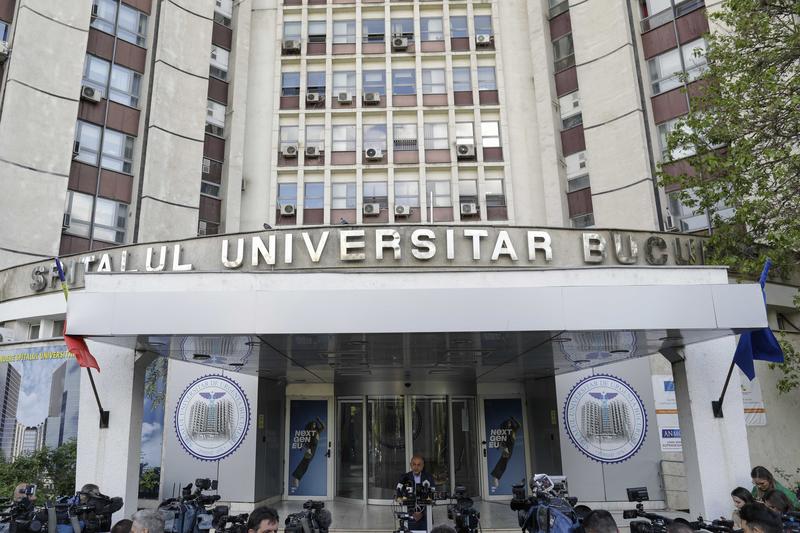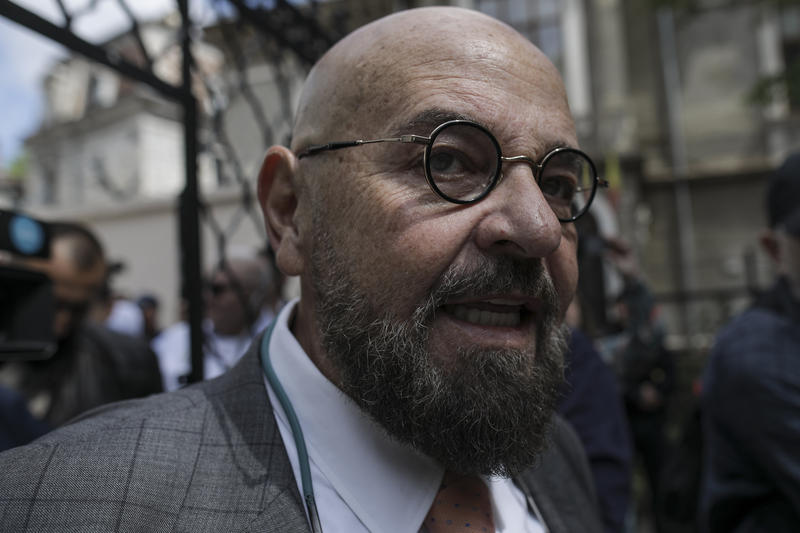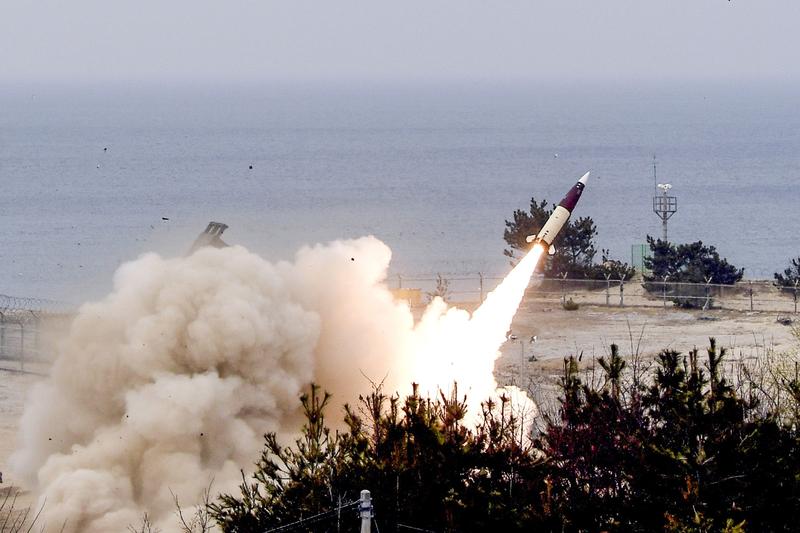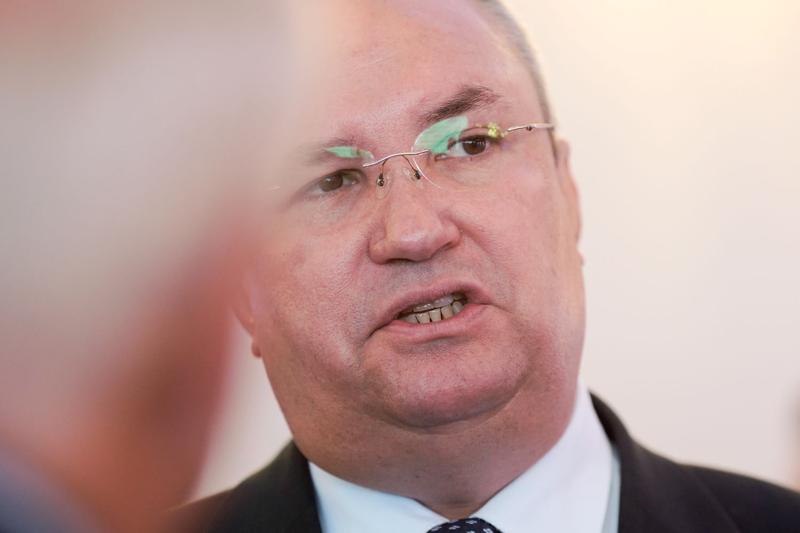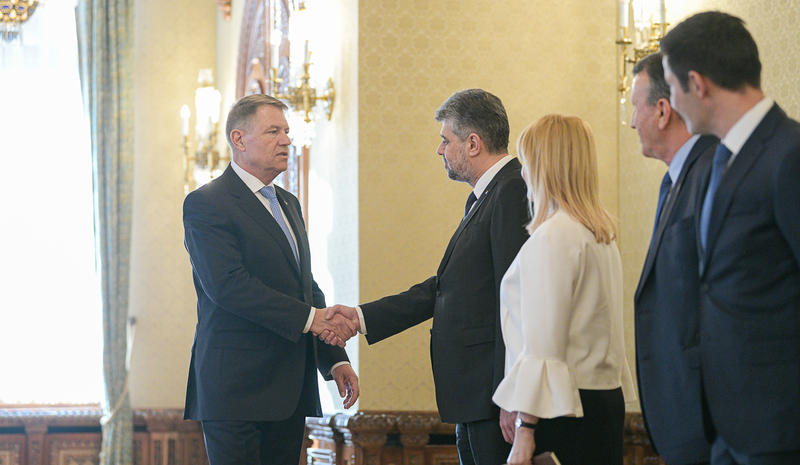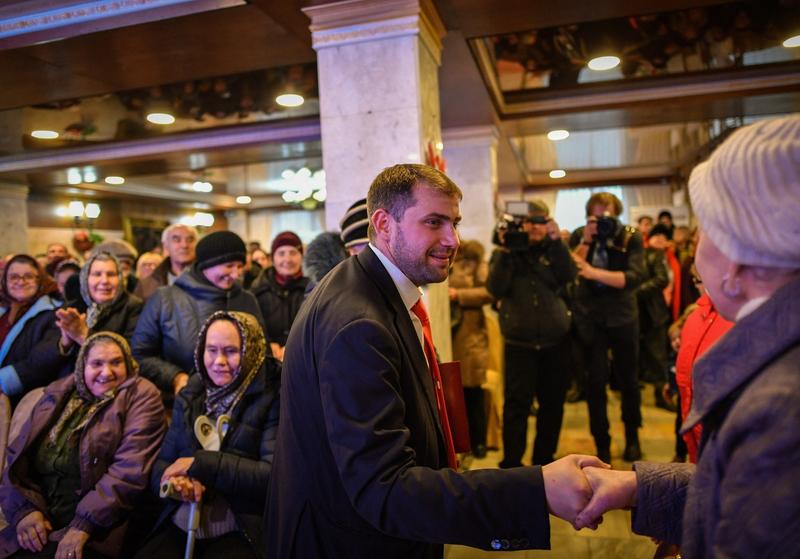"It has always been said: we've got money for pensions, but there weren't. BNR [Romania's central Bank] has permanently warned that all increases in salaries have been above productivity and that, sooner or later, it will be time for collection", BNR Governor Mugur Isarescu said during a niche seminar. Regarding salaries in the public sector, BNR's message is clear: "In 1990, the State worked with less than a million state employees. They were around 800,000, including those in the Central Committee. 20 years after, we've got 1.4 millions and we ask ourselves where the problem is.
Mugur Isarescu's main statements:
- Those bringing that third [share] financing the deficit aren't supposed to be consulted in Romania?
- Even if we reduced the foreign deficit, this is expanding. We hope to not reach 13%.
- We will have above 4.5% foreign deficit if the economy starts to grow. Financing the budget deficit is done with foreign resources.
- We aim towards a 9-10% of the GDP budget deficit, meaning 30% of spending.
- The budget can only cover 20 days in a month; for the 10 remaining days, the Government needs to borrow.
- We see the budget as a big pot feeding up the economy. The main problem when discussing the budget deficit is whether there are money or not. We have to act only to stop this bleeding represented by spending.
- Now there is money on the market; why is the Finance Ministry not taking it from the market?
- The economic correction will happen. It can be done the normal way or the hard way, namely inflation. As someone used to say, inflation is like a tax. In 1990, the state worked with less than 1 million state employees. Twenty years after, we've got 1.4 millions state employees and we ask ourselves where the problem is. We have a social dialogue problem.
- Even if, in general, there is money, there isn't to fund the budget deficit.
- Getting over a crisis is dramatic. What's on television is insufficient.
- I saw the museum of financial crisis. It is a dark room where the moment you step in, successive images from the great crisis light up. We avoided a crisis in 1998, 1999, 2000 and we avoided it last year as well.
- Some say little inflation does no harm, or that inflation is a sort of anaesthetic. I don't think so. Hyperinflation is a drama. The correction through inflation is not recommended. The inflation is a monetary phenomenon, but also a "ballistic" one. If it shoots someone with high taxes, what should we do?
- October 2008 remains a reference year for me. There are attempts to read what happened then and I would like to remind you that I we had nothing with no one, safe maybe he market panic. An extraordinary thing happened then. One only had to knock at the door and ask for money. There was the Lombard facility, on the basis of which the banks could get money in exchange of bonds. But there was no bank coming to us to ask. Interest rates reduced to 50%, banks became more aggressive, accusing us that we had taken their liquidity. Those were tough, dramatic moments.
- Plus, there were foreign banks operating in Romania, which were not allowed to buy Romanian bonds.
- The only solution to make state budget payments within a reasonable margin is to make the correction in a transparent manner, with measures, and create jobs. Only jobs pay taxes and contributions. If we tax public sector staff and seniors, we only redistribute those incomes. We know it, but we pretend not to know it. Jobs, this is the source.
